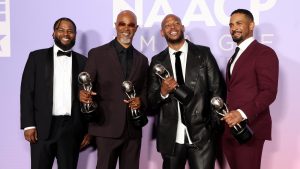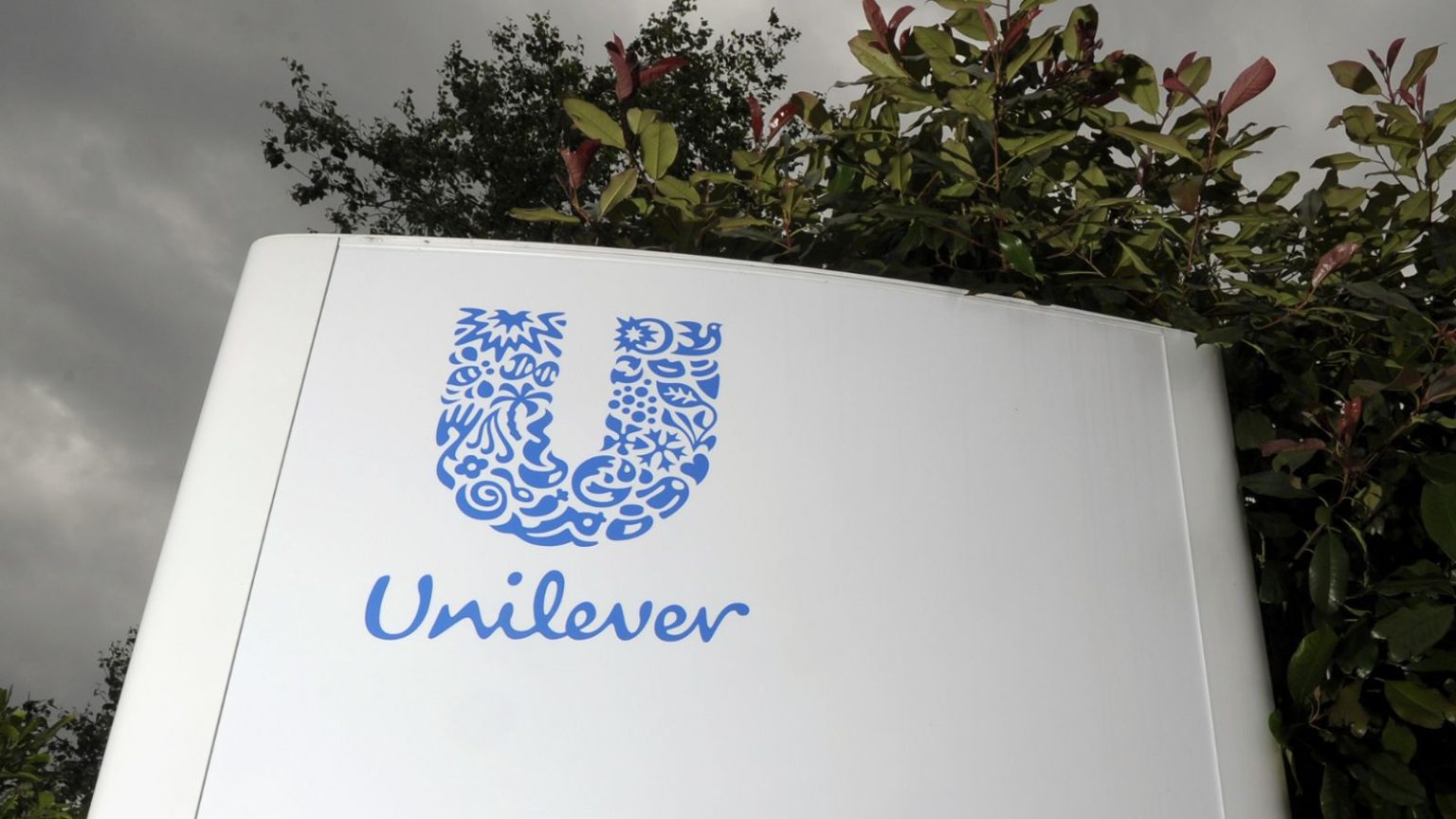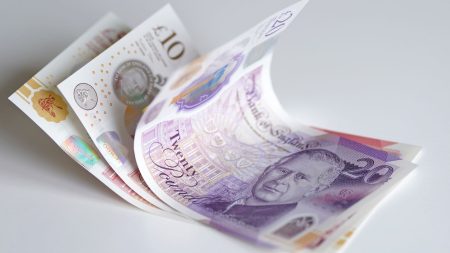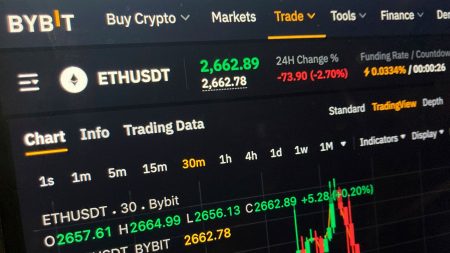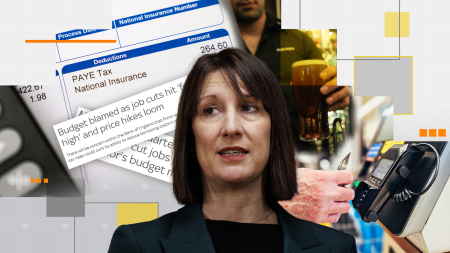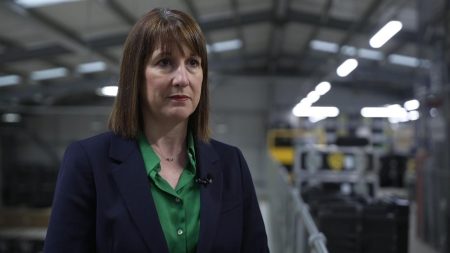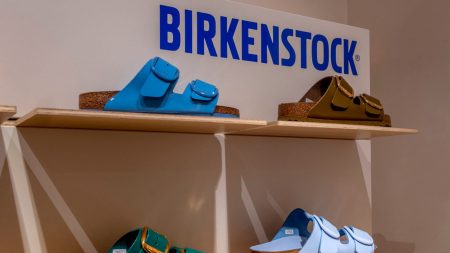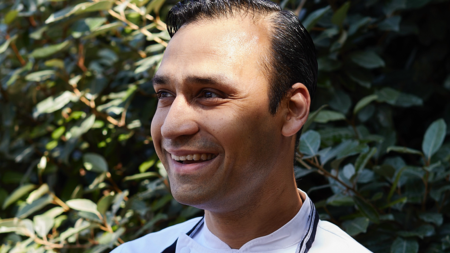Unilever Nears £230m Deal to Acquire Wild, the Sustainable Personal Care Brand
Unilever’s Strategic Expansion in the Premium Personal Care Market
In a significant move to strengthen its portfolio in the personal care sector, FTSE-100 consumer goods giant Unilever is on the brink of completing a £230 million deal to acquire Wild, a premium, refillable personal care products company. This acquisition, which is expected to be announced in the coming weeks, marks one of Unilever’s most notable purchases in the personal care space in recent years. The deal underscores Unilever’s commitment to sustainability and its efforts to revamp its brand portfolio under the leadership of CEO Hein Schumacher.
Unilever, which owns iconic brands such as Dove and Lynx (known as Axe in most global markets), is reportedly drawn to Wild’s premium positioning and its strong commitment to sustainability. Wild, founded by Charlie Bowes-Lyon and Freddy Ward in 2018, has quickly gained traction for its innovative approach to personal care. The company offers a range of refillable natural products, including deodorants, lip balms, bodywashes, and handwashes, sold directly to consumers. This deal highlights Unilever’s strategic focus on aligning with consumer preferences for eco-friendly and sustainable lifestyle choices.
The Founders’ Vision and the Birth of Wild
Wild’s journey began when founders Charlie Bowes-Lyon and Freddy Ward identified a gap in the market for premium, sustainable personal care products. The duo, who also co-founded Innocent Drinks, sought to create a brand that not only delivered high-quality products but also championed environmental sustainability through its refillable packaging model.
In its early days, Wild faced challenges in perfecting its product formulations. Freddy Ward, in an interview with The Grocer in 2023, recalled the initial struggles: "We learned that we weren’t very good at making deodorant, but there was demand for the product if we could get it right. The formulation wasn’t very good." However, this setbacks led to a relaunch of the product, which coincided with the surge in remote shopping during the COVID-19 pandemic. This timing proved pivotal for the brand, as it capitalized on the growing demand for convenient, online shopping options.
The Refillable Revolution: Wild’s Commitment to Sustainability
Wild’s success lies in its innovative approach to sustainability, which has resonated with eco-conscious consumers. The brand’s refillable model allows customers to purchase pods of natural ingredients that can be inserted into reusable containers. This approach not only reduces plastic waste but also encourages a more circular economy. The company’s products are free from artificial fragrances, parabens, and other harsh chemicals, aligning with the growing consumer preference for clean, natural personal care products.
The brand’s focus on sustainability has earned it a loyal customer base and significant attention from investors. Wild has reportedly raised around £10 million from external investors, including Jamjar Ventures (the investment vehicle of Innocent Drinks’ founders) and other prominent venture capital firms. By the end of 2023, the company reported sales of nearly £47 million, marking a 77% increase from the previous year. Additionally, Wild recorded an operating profit of £560,000, signaling its first year of profitable growth. This remarkable growth trajectory has made Wild an attractive acquisition target for major players like Unilever.
Unilever’s Broader Strategic Agenda
The potential acquisition of Wild comes at a time when Unilever is exploring strategic restructuring to enhance its market position. The company is reportedly considering the listing of its ice cream division, which includes the Ben & Jerry’s brand. This potential spin-off could generate significant value for Unilever, with industry experts speculating about listings on major stock exchanges, including the London Stock Exchange, Amsterdam Stock Exchange, or even the New York Stock Exchange. As of now, Unilever shares are trading around £47.26, giving the company a market capitalization of nearly £116 billion.
For Unilever, the acquisition of Wild aligns with its broader goals of diversifying its portfolio and appealing to younger, environmentally conscious consumers. The deal also underscores the company’s commitment to innovation, as it seeks to keep pace with evolving consumer preferences. By integrating Wild’s refillable and sustainable products into its portfolio, Unilever aims to strengthen its position in the premium personal care market while reinforcing its sustainability credentials.
The Significance of the Deal
If finalized, the acquisition of Wild will not only bolster Unilever’s presence in the personal care sector but also send a strong signal about the growing importance of sustainability in consumer goods. Wild’s premium branding and commitment to eco-friendly practices make it a valuable addition to Unilever’s portfolio, which has long been a leader in sustainability initiatives. The deal also highlights the increasing demand for refillable and reusable products, a trend that is expected to gain further momentum in the coming years.
Moreover, the acquisition is a testament to the success of Wild’s founders, who turned a struggling start-up into a highly sought-after brand in just six years. The sale price of up to £230 million, which includes a substantial earnout for the founders, underscores the impressive growth and potential of the business. For Unilever, this deal represents a strategic win, enabling the company to tap into a growing market segment while reinforcing its commitment to sustainability and innovation.
Conclusion: A New Chapter for Wild and Unilever
As Unilever and Wild prepare to embark on this new chapter, the acquisition marks a significant milestone for both parties. For Unilever, it is an opportunity to bolster its portfolio, attract younger consumers, and reinforce its sustainability efforts. For Wild, it is the culmination of a remarkable journey from a small start-up to a premium brand with global reach. Together, the two companies are poised to make a meaningful impact in the personal care industry, combining Wild’s innovative approach with Unilever’s resources and expertise.
This deal is emblematic of the broader shifts in the consumer goods landscape, where sustainability and innovation are no longer just buzzwords but key drivers of success. As the market continues to evolve, companies like Unilever and Wild are setting the standard for how businesses can meet the needs of today’s eco-conscious consumers while driving profitable growth. With this acquisition, Unilever is signaling its intent to lead in a future where sustainability is not an optional extra but a core part of its business strategy.

